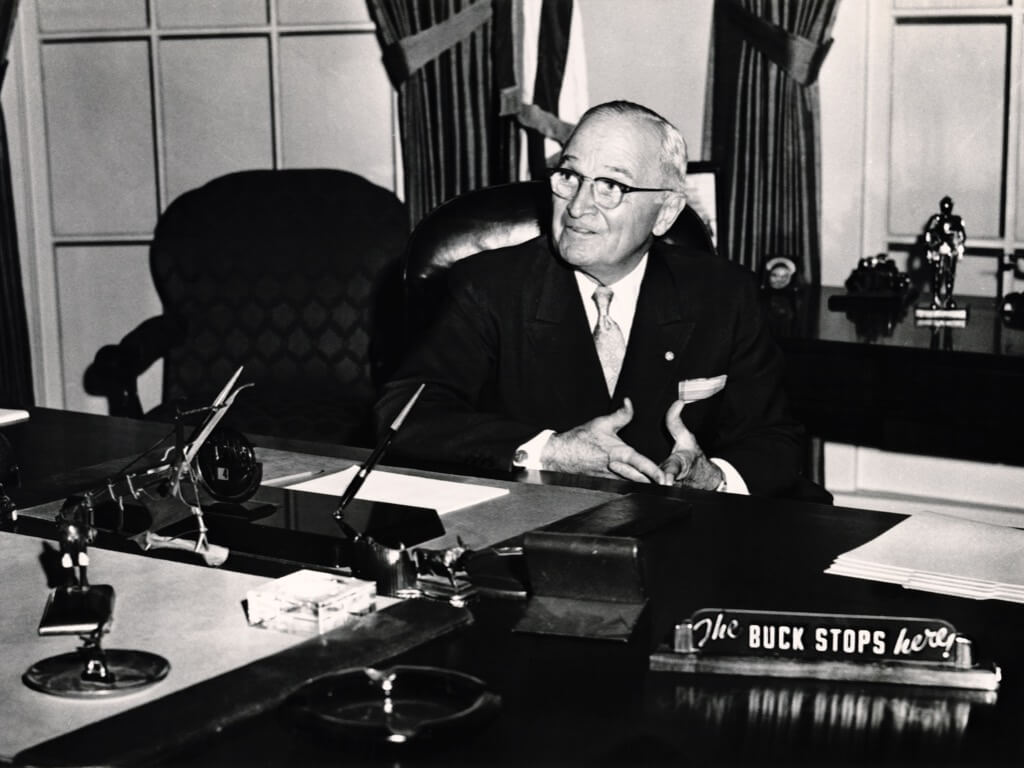Leadership means many different things to people.
I’ve personally studied it on and off as an entrepreneur for many years. I would read articles about it, usually with lots of grandeur and fluff.
“Leaders eat last; leaders are servants; leaders are tough; leaders are hardworking.”
It didn’t make sense to me what exactly a leader did until I saw it through the lens of amplification.
Leaders Are Amplifiers
I’ve learned that leaders are amplifiers, not of themselves, but of others around them. They help the people around them to accomplish more.
Leadership Is Unifying
In any large scale project, there are usually whole teams of people involved. Each of those people have their own thoughts, dreams, hopes, and ambitions. Its very easy for groups of people to become disorganized if there is not something keeping the group together. Leaders bring people together around a common cause and amplifies them so that the whole team is much more powerful than the sum of the individuals.
Leadership Is Passion + Skill
You can have managers on teams who are not leaders, they are coordinating among the team. Their greatest skill set is their ability to organize and direct. Leaders are set apart from managers in the sense that they have true passion for the cause they are working on and serve as inspiration for their teams. The most powerful combination is someone is that ability to ignore passion and leverage organizational skill.
Leadership Is Genuine
Sometimes there are accidental leaders. Maybe someone who was struggling and decided to make a stand. Those types of stories always inspire people, and so it’s easy for people to coalesce around that person.
This social chemistry is hard to manufacture. When it’s real, it’s real.
Leadership Is Understanding
To amplify people, you must understand people. To become a great leader, you must practice being great with people. Knowing specific people’s wants and needs, caring for them, respecting them, learning how to influence them. If you want to be a long term leader, you must learn these people skills or you will eventually hit a plateau.
Leadership Is Diverse in Practice
How you practice leadership is different for everyone. That is why there are tens of thousands of books on the subject.
There is no one right way to do it.
How you amplify people is usually on a person by person basis. John in marketing might be inspired by your work ethic, while Mary in sales might be inspired by your story of overcoming a struggle.
One of my favorite ways to practice leadership is to try to take responsibility when things go bad. Think “The buck stops here” from Harry Trumans’s desk. It’s hard to do this, and I still struggle with it. But if you can, new doors of opportunity will open.

Some other popular leadership philosophies: servant leadership, setting an example leadership, hard work leadership, compassionate leadership, eating last leadership, vision leadership, authentic leadership, etc.
Servant leadership is all about working with your team to find out what is frustrating them and solve it for them, you are serving them. Ask your teammates “How can I make you better?” directly. It will work wonders. Another way is to “always eat last”, a term and title of a book from Simon Sinek, which means essentially that leaders need to give up something to their people. Their time, energy, money, or even food from their plate. You prioritize the well being of others before yourself. Overtime you will figure out your style.
How to Become a Leader
One of my favorite authors for learning about leadership is John C. Maxwell. He has written over 100 books on leadership. I watched an interview from him recently, where he explains how he first become a leader: by practicing every day for an hour.
If you want to become a leader, bring it into your daily consciousness. Think about it everyday, and ask yourself “What is one thing I can do today to be a leader?”
Even if that’s all you can do, the daily practice will initiate progress. No, you don’t need to be a CEO or exec to be a leader. Anyone can be a leader no matter what their role is. If you keep practicing, you will keep moving up and into your desired direction.
Conclusion
The ultimate way to know if you have become a leader is if you have trained others to do so. If you can figure out how to teach others to become a leader, you have figured out a way to scale out your dream/ project/ company/ idea even further.
So how can you show leadership today?












